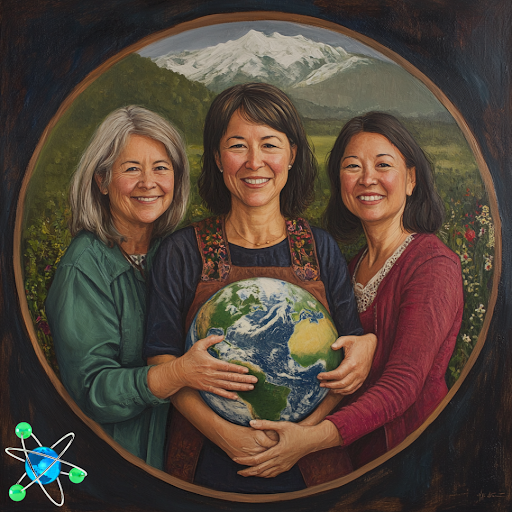
- Personalized Climate Messaging: Science Moms’ $2.5 million ad campaign emphasizes the personal impact of climate change, focusing on beloved local spaces to evoke emotional responses.
- Context of Rising Disasters: The campaign is timely, addressing the surge in climate-related disasters, including billion-dollar weather events and widespread wildfires.
- Shifting Narratives: The campaign aligns with broader trends in climate advocacy, moving from abstract threats to personal, relatable stories to inspire urgent action.
In a fresh approach to climate change advocacy, the Science Moms organization is rolling out a $2.5 million ad campaign that brings a new perspective to the issue. Founded by climate scientists and researchers from institutions like the Nature Conservancy and the National Center for Atmospheric Research, Science Moms aims to connect with audiences by highlighting what’s at stake on a personal level.
Unlike traditional ads that depict broad, often abstract consequences of climate change, this campaign focuses on beloved personal spaces such as beaches, local forests, and nature preserves. By posing the question, “What if this was your last time visiting one of your favorite places because of climate change?” the campaign seeks to evoke a deep, emotional response. This approach aims to make the abstract threat of climate change feel immediate and personal, encouraging viewers to act before it’s too late.
The timing of this campaign is critical, as climate-related disasters continue to surge. Last year alone saw 28 weather and climate events causing over $1 billion in damages, including floods and tornadoes. Additionally, there were 55,000 wildfires, with significant devastation like the Maui firestorm displacing many from their homes. The year also saw a record three hurricanes, highlighting the increasing frequency and severity of climate impacts.
The campaign’s strategy mirrors similar efforts by other organizations. Adobe previously emphasized that effective environmental photography should capture local, relatable moments, and The Guardian shifted its focus from polar bears to images depicting direct human impacts of climate change. These approaches stress the importance of storytelling that resonates with audiences on a personal level.
By centering on the potential loss of cherished places, Science Moms’ campaign not only underscores the urgency of addressing climate change but also aims to inspire action through personal relevance. This shift in narrative could be pivotal in mobilizing individuals to combat climate change, reinforcing that while the problem is significant, taking action remains crucial.

